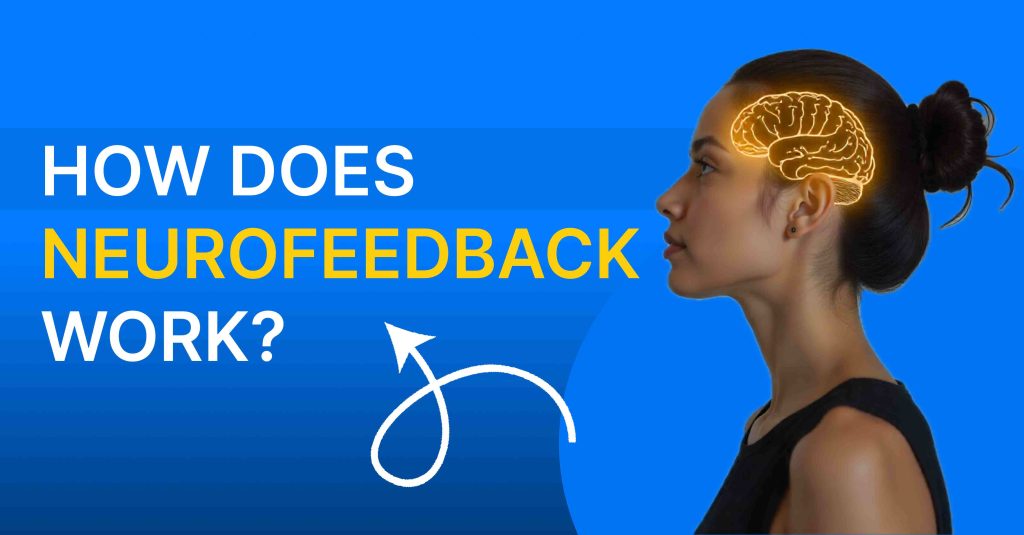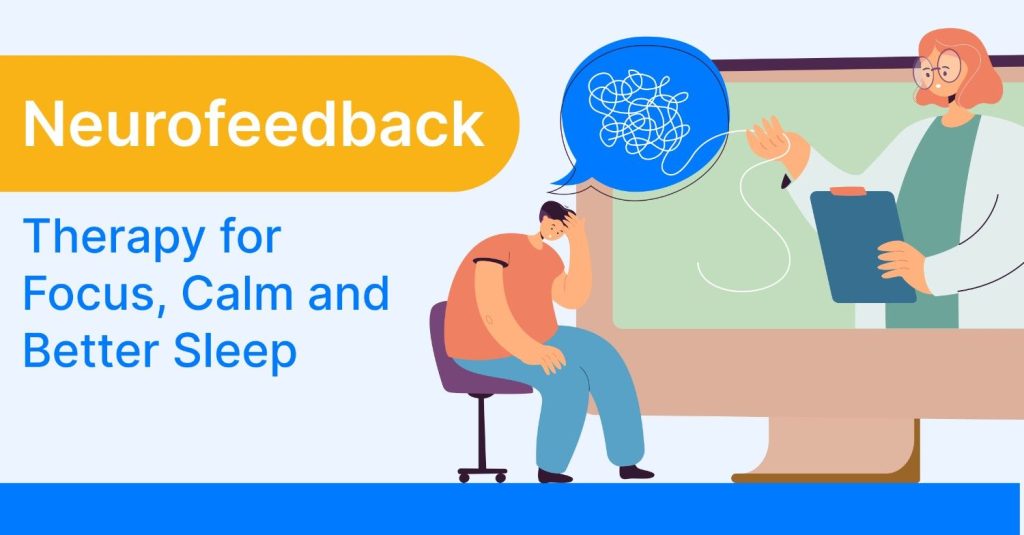You may be mistaking your child’s behaviour as a part of the growing up process. But beware, as they may be signs of a mental illness.
There are certain behavioural traits that are extremely common and typical in children. These include being cranky, throwing temper tantrums, acting bratty, being disobedient, etc. However, there are other serious behaviours that some children display, which parents often mistake as a part of the child’s development process. The reality though, is that the child may be suffering from a mental illness that parents might be sidelining, unintentionally. The lines are always blurred when a child is growing up as everything that he/she does seems like a natural part of the blooming stage.
But in order to tell whether the child has a mental illness, it’s very important to know the signs. These include:
1. Changes in sleeping habits and patterns
If you notice that your child is sleeping more than usual or is sleeping very less, it can be a sign of a mental health condition. This is one of the most telling symptoms of something being wrong with your child’s emotional and mental state.
2. Changes in appetite or diet
In mental health conditions such as depression, one’s appetite experiences extreme changes. A person can either binge-eat or not eat at all. The same is the case with other conditions such as anxiety or extreme stress. Therefore, if you notice your child over or under eating, take it as a sign.
3. Mood swings
It’s common for children as well as teenagers to be temperamental as it’s considered to be normal behaviour during the growing up stage. However, if the mood swings are extreme in nature, it may indicate your child is having trouble. These include having emotional outbursts, throwing temper tantrums, etc.,
4. Frequent nightmares
Everyone has occasional bad dreams which are completely normal. However, if your child is having frequent nightmares, night terrors, it could be a symptom of a deeper issue. Research shows that children who get persistent nightmares during childhood are more likely to experience psychotic episodes in the future.
5. Poor performance at school/ skipping school
A mental illness has a direct impact on a person’s professional performance. Your child may be skipping school, being disruptive in class, performing poorly in exams, etc. These are all signs that something may be troubling him/her.
6. Difficulty making friends
If your child has trouble socializing or making friends, it may be a sign of a developmental disorder such as Autism.
7. Physical pain and aches
Mental illnesses such as anxiety and depression manifest in physical form through headaches, muscle pains, stomachaches, etc. Therefore, lookout for these warning signs in your child.
8. Aggression, being argumentative
Your child may be acting out as he/she may be experiencing a deeper issue. Aggression is different from the typical bratty or temperamental behaviour that children display. In the former, the child can turn physically violent as well as abusive.
9. Persistent boredom
Everyone can feel bored once in a while. However chronic boredom could be a sign of mental health issues such as ADD/ADHD as well as depression.
Pandemic and mental health
The ongoing coronavirus pandemic has taken a serious toll on kids’ mental health. With schools being shut and them not able to play with their friends, children are having to face a grave time. The grim environment has had an impact on their emotional state with studies showing that an estimated 1 in 6 children is being diagnosed with a mental illness.
Therefore it’s vital for caretakers to look out for these signs mentioned above and get your child professional help.
How brain training can help
Neurofeedback is a brain training technology that eliminates and manages mental illnesses in a more permanent way than other treatments. It’s a NASA-inspired and US, FDA-approved technology that tackles mental health conditions by getting to the root cause of the problem, i.e, the imbalance in the brainwaves.
This brain training technology restores the imbalances in the brainwaves, in turn creating new desirable neural pathways for your brain to operate from. To learn more, visit here.





